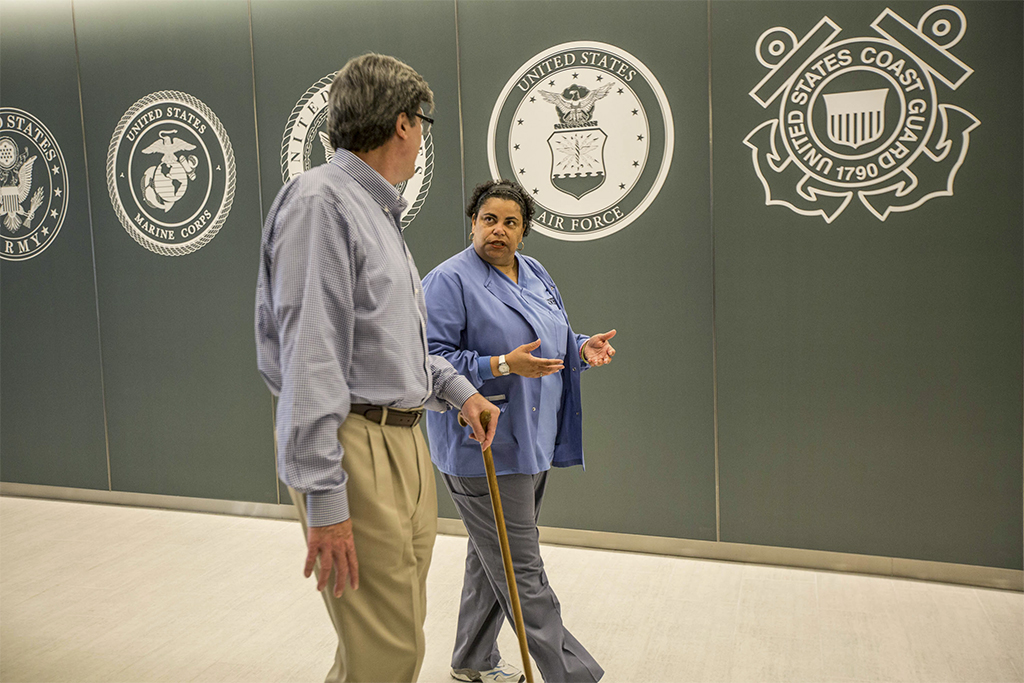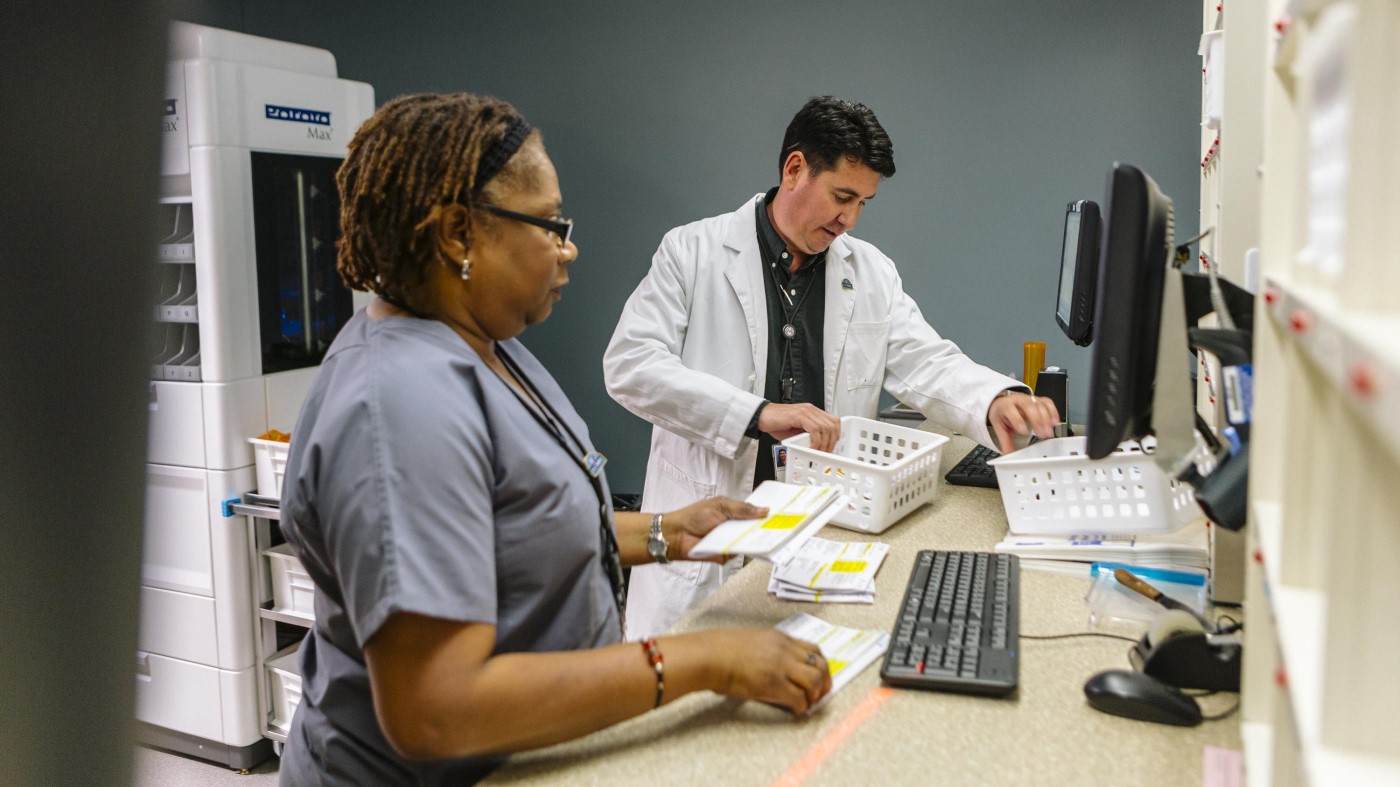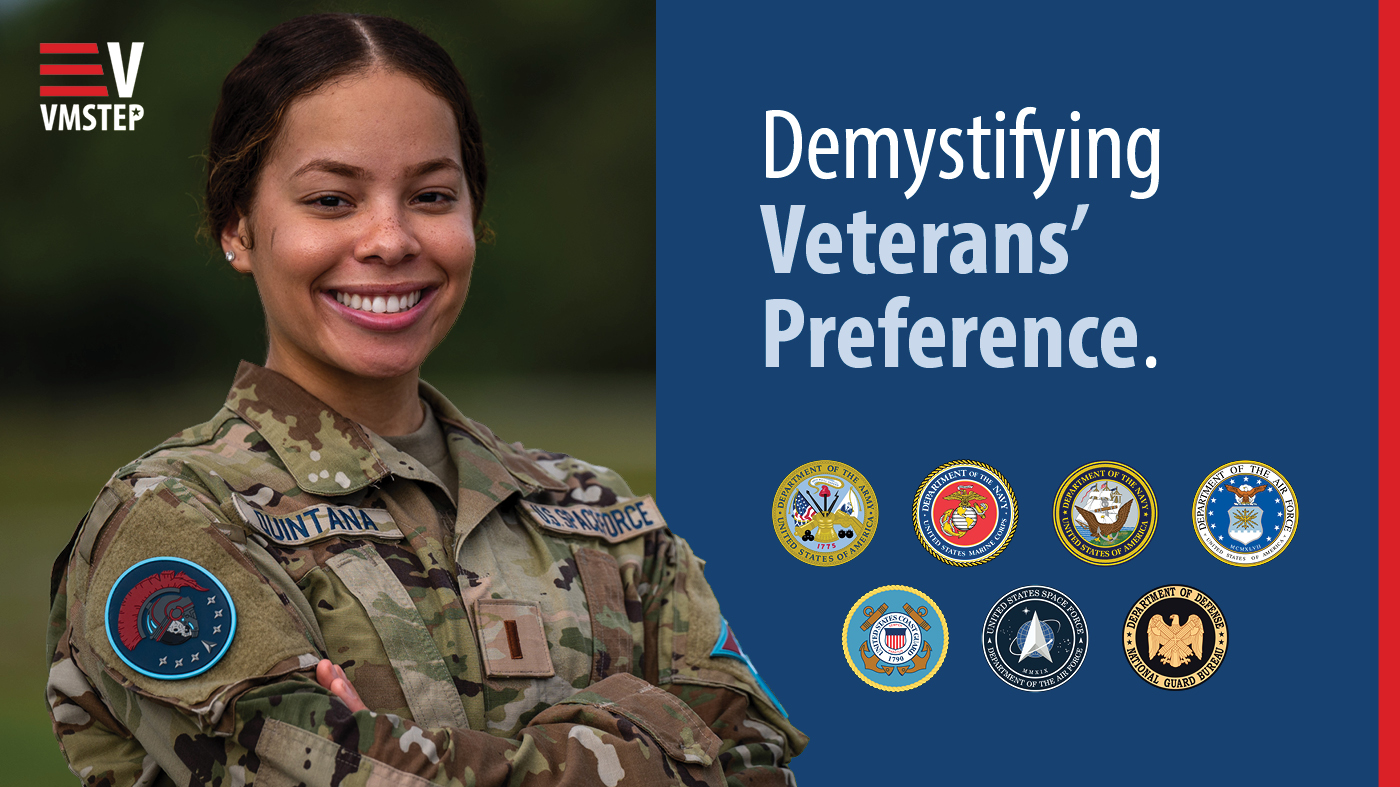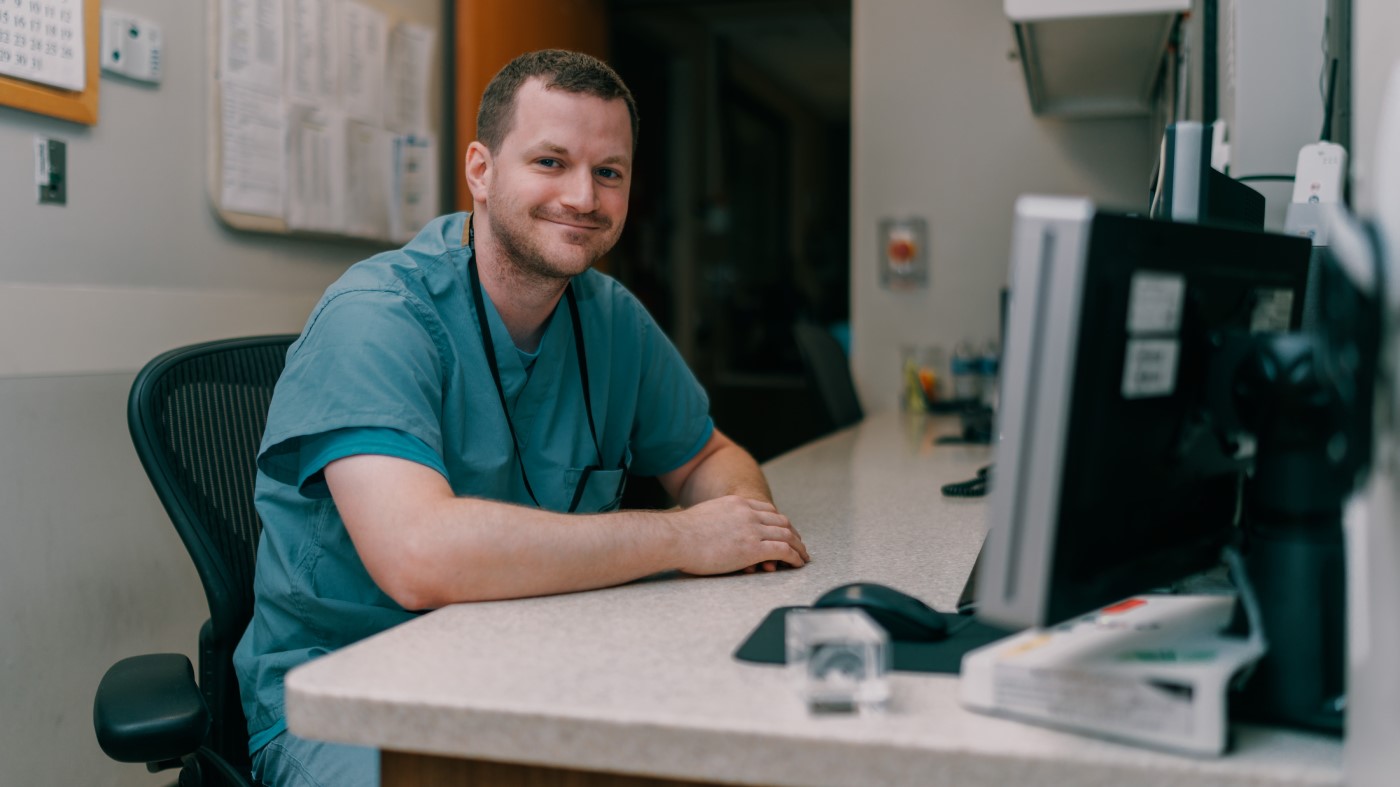Last year VA provided mental health treatment to more than 1.6 million Veterans, resulting in over 21 million appointments. Between 2005 and 2016, there was an 84 percent rise in the number of Veterans receiving VA mental health services. At VA, mental health care has always been a focal point of treatment and as a result, we’re expanding our services to address the growing demand.
VA has traditionally provided mental health services in three different forms:
- In-person care where Veterans visit a local VA facility
- In-person community care where Veterans see a provider in their community
- Telehealth where Veterans connect with their VA providers through video
We recently introduced a fourth way to provide mental health care – telehealth services with a community provider – piloting the program at the VA San Diego Healthcare System facility. The VA Community Care option will help VA meet the growing demand by leveraging clinical capacity from community providers and even providers outside of the Veteran’s immediate geographic area through proven technology.
Telehealth services are a convenient option for those who face long travel times or who need to receive care in their home. Additionally, telehealth can also provide Veterans greater privacy or anonymity when seeking and receiving mental health services, without any of the stigma some might fear when seeking or receiving the same services in-person.
Hear stories from our team of dedicated mental health providers at VA to learn more.
VA will continue to create opportunities for Veterans to access timely, convenient and high quality health care. And if you are a mental health provider, consider using your skills to give back to our nation’s Veterans. There are several ways to get involved. Explore opportunities near you today!
Topics in this story
More Stories
Working at the top of your license, and taking charge of the care you provide, is just one of the ways VA is unique for pharmacists.
Veterans preference offers a competitive edge in federal hiring. Discover how it works and how VA supports Veterans' career goals through VMSTEP.
If you’re ready to make a change in your career this year, there’s no better opportunity than what you’ll find at VA. Start your job search now.







What is really needed is mental health help for caregivers to see providers outside of the VA system. You can’t ask a veteran with PTSD to be comfortable with his/her caregiver seeking help at the VA. Also, in my case, I was getting care with an outside provider until the program was cut. Now help is available but only inside the VA. Mental Health professionals have long understood the importance of continuity of care. How about now?